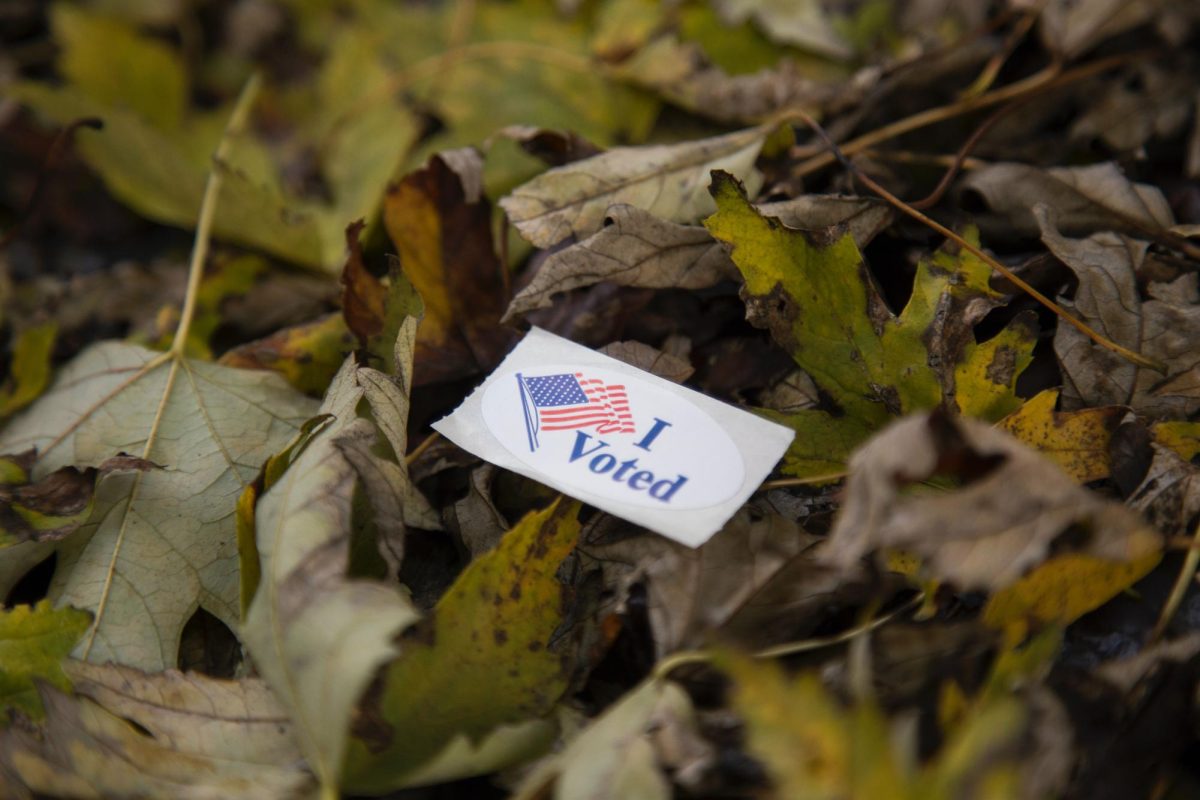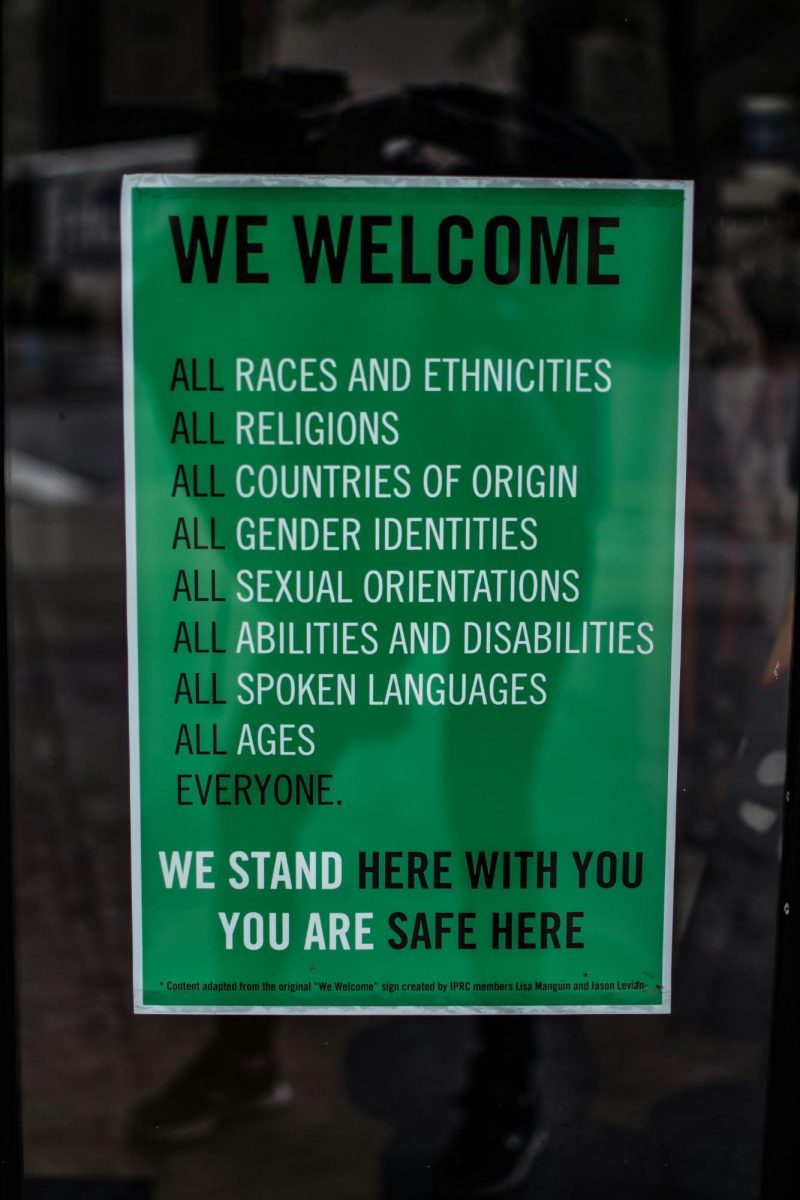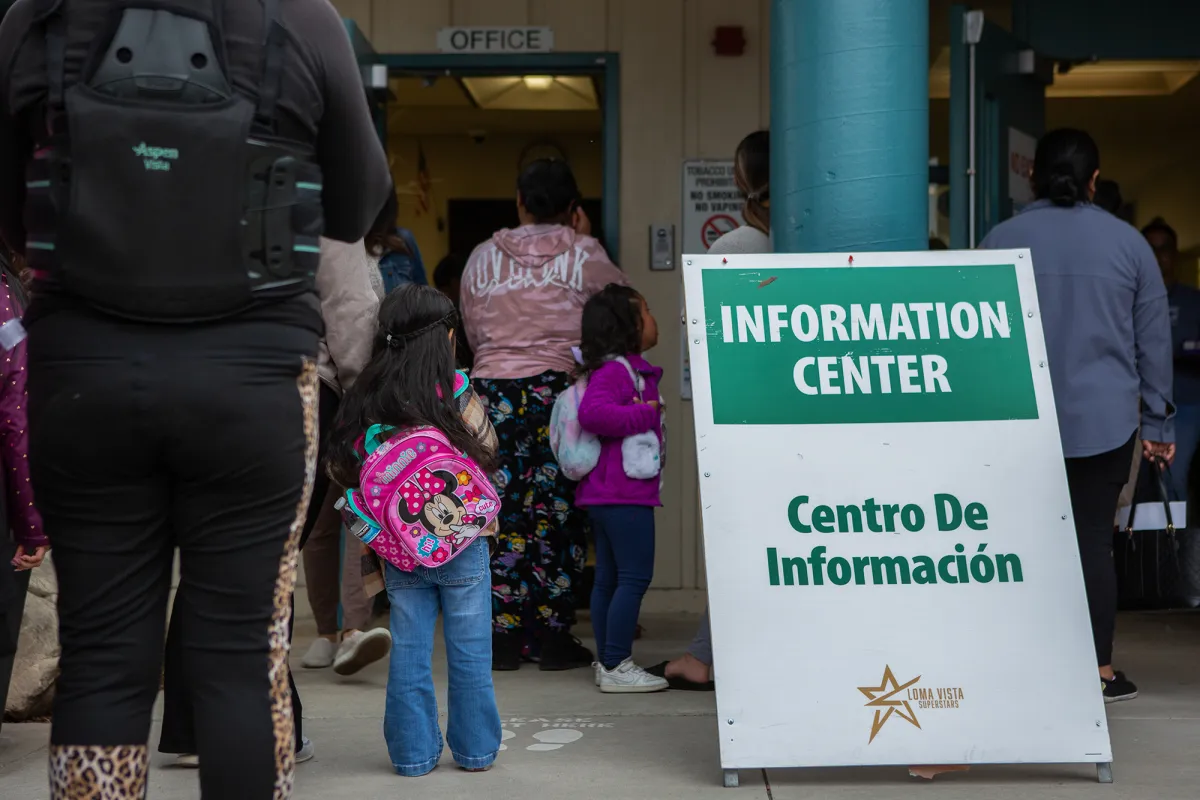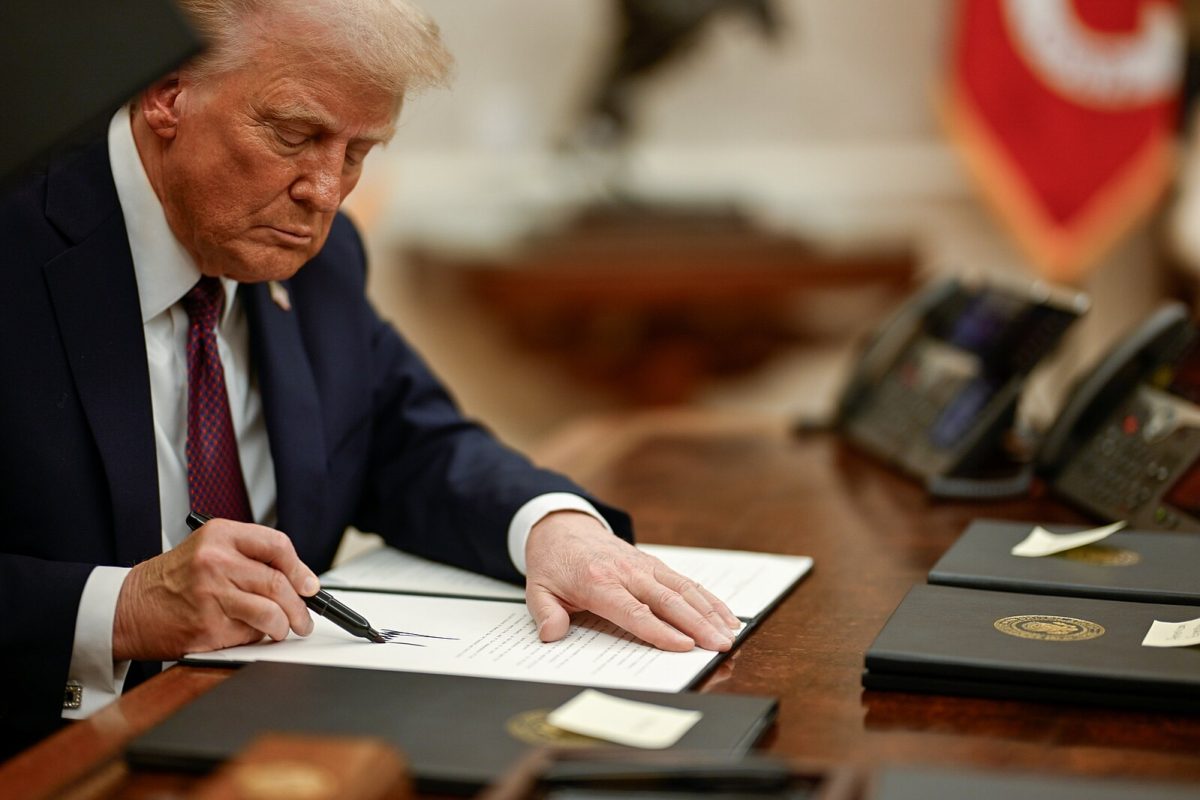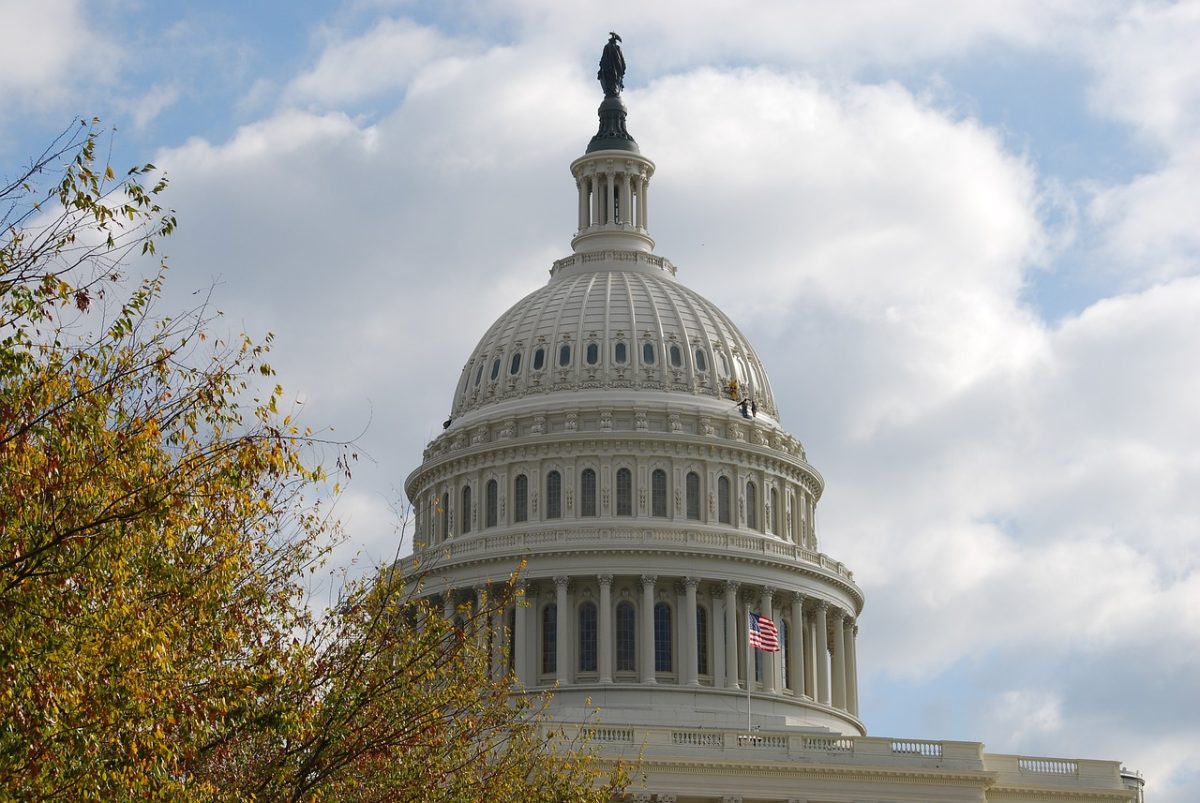The 2024 Presidential Primary Election is inevitably growing closer as the days, weeks, and months go by. The clock is ticking on numerous relevant issues, and for the very first time, as they gradually enter legal adulthood, the majority of O’Dowd’s current senior class has a vote.
On August 23rd, the Republican presidential debate served as the first significant event in the 2024 election. Eight candidates vied for the spotlight in the absence of former president Donald Trump. The heated spirit of the debate resulted in various important issues, old and new, emerging and gaining traction. Social Security and Medicare remain controversial as various forms of legislation and healthcare budgets are being debated. Abortion and further freedom of human autonomy continue to be topical as Democrats aim to fight back against the overturning of Roe vs. Wade in June 2022. Additionally, the rejection of AP African American Studies by the Florida government is raising conversation about educational freedom in the United States. The January 2023 sighting of the Chinese Spy Balloon sparked concern about foreign policy, along with the ongoing focus on Ukraine. Finally, disputation prevails surrounding legislation targeting the LGBTQ+ community through limitations on gender-affirming healthcare, and transgender competition in high school and college sports. Ultimately, this election defines the lives and futures of so many and it is important that the next generation of voters rises to the occasion regarding voter turnout.
Terri Bimes, a Teaching Professor of Political Science at UC Berkeley, currently teaching a course entitled The American Presidency, is a qualified expert on the unique conditions of this election. Bimes explains the current controversy over the Fourteenth Amendment Section Three. Here, the Constitution states that no elected official “shall have engaged in insurrection or rebellion against the same, or given aid or comfort to the enemies thereof.” Thus, the individual can be removed or prevented from holding office. In reference to this section of the constitution, some argue that Trump should be disqualified from this election due to his activities on January 6th, 2021. Bimes explains, “This theory was forwarded by two Republican scholars. There are already two lawsuits in Florida and New Hampshire about this, and that’s huge.” This leaves people questioning the consequences of Trump running for office after his participation in insurrection. Bimes concludes, “Let’s say Trump is nominated and then removed from the ballot, that’s going to cause a lot of instability and protest.”
Next, Bimes suggests how the rising generation of voters can harness these unique conditions towards the political improvement of the United States, stating, “Where I think there’s hope, maybe not from that instability, is in creating cross-partisan conversations that don’t assume the other side is evil. Each side feels like they have so much riding on each election, assuming that the other’s victory will directly impact the party’s identity. We need to somehow find a way to not have such a polarized environment.” Furthermore she adds, “This generation has so many different channels of media that we’re bombarded with, and it’s hard to focus on politics. Politics has always been a sideshow, but now it’s more difficult than ever for young people to stay engaged. Yet it’s still easier to organize.” She provided the Black Lives Matter Movement as an example of using social media as an organizing tool, and how protests would spring up. “It goes both ways, the media can limit your participation but also gives more tools in a way that wasn’t around in past generations.”
Bimes goes on to detail how this unique era in the media affects her classroom dynamic as a professor. She continues, “In college, it’s harder to have frank conversations because people are scared that their views will be spread beyond the classroom and be held accountable for what they say. Conversations about politics are more limited.” Ultimately, within a polarized and social media overrun culture, it’s difficult and overwhelming to find trustworthy news, making it harder for people to stay engaged in current events and politics. Bimes concludes, “It’s easy with all the corruption to check out, it’s important to get involved not only at the presidential level, but at the local level.”
“Young people turned out for Obama, for Biden, the question is will they turn out in the same levels in 2024?” Terri Binds calls on young people to stay educated on political events and learn about the voting process in advance in order to ensure that their voices are heard as they move into the world and enter adulthood. Organizations like Rock the Vote celebrate the power of youth voting and offer resources to educate and interconnect young voters. Visit https://www.rockthevote.org/ to get engaged. Additionally, consider pre-registering or registering to vote at https://registertovote.ca.gov/. The clock is ticking and it’s time to get involved.

